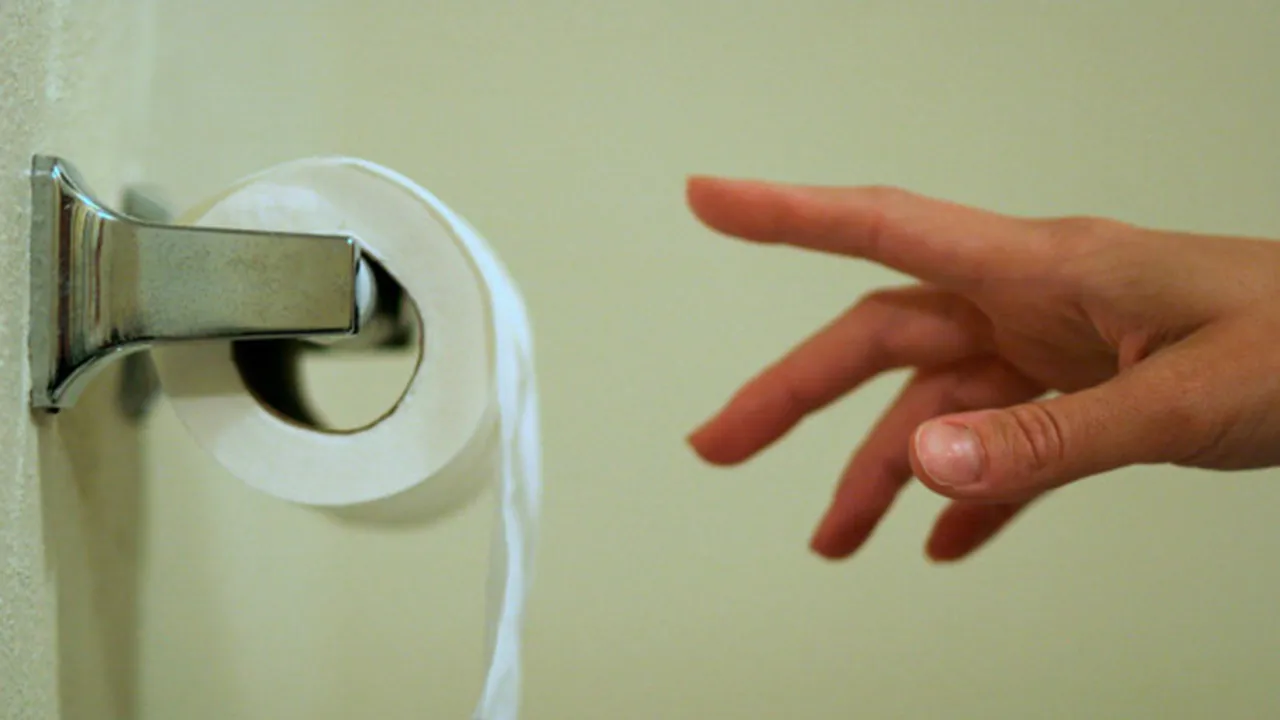
Whenever you discover you’re bleeding, it gets your attention. And it’s often easy to find the source of the blood. But when it’s rectal bleeding, the source isn’t so easy to pinpoint. And this can make anyone worry. So what are the most likely sources of rectal bleeding?
Colorectal surgeon Massarat Zutshi, MD, discusses likely causes of rectal bleeding and explains why you should work with your doctor to find the cause if it happens to you.
What causes rectal bleeding?
Hemorrhoids. It’s normal for everyone to have hemorrhoids inside and outside of the anus. But there are several reasons they may become irritated. If you notice blood on your toilet tissue or in the toilet, the factors that may point to hemorrhoids include:
Constipation
Diarrhea
Low-fiber diet
Heavy lifting
Hard stools

Anal fissures. If there are tears in the tissue of the anus, then you may experience both rectal bleeding and pain during and after a bowel movement. Typical causes of anal fissures include:
Chronic constipation
Diarrhea
Straining
Anal intercourse

Diverticulosis. When tiny pockets, or diverticula, form in the lining of the bowel, you have diverticulosis. Pressure on weak spots in the intestinal wall may cause these tiny pockets to form.
Colon cancer. In a very small number of cases, rectal bleeding is a sign of colon cancer. You also may notice other symptoms, such as unexplained weight loss or pain in your abdomen.
Colon cancer typically starts with polyps in the colon. Early detection is the goal here, Dr. Zutshi says. Polyps are typically benign at first, and a surgeon can remove them before they become cancerous if you catch the problem early.

Dr. Zutshi emphasizes that hemorrhoids and anal fissures are responsible for rectal bleeding about 98 percent of the time. However, it’s important to let your doctor know if you experience rectal bleeding so he or she can rule out any other problems.
What will your doctor need to know?
It’s helpful if you can make a note of how long you’ve been experiencing rectal bleeding, if it stops then starts again, and how long it lasts.

Other important information your doctor should know includes:
Do you see the blood in the stool and/or in the toilet bowl?
What color is the blood?
Does the blood always show up with a bowel movement?
Are you experiencing pain?
What is your family medical history?

Plan to start screenings after age 50
Even if you aren’t experiencing problems or noticing any rectal bleeding, Dr. Zutshi emphasizes that it’s vital to begin having colon cancer screenings when you turn 50. She adds that you should start having regular screenings earlier (10 years before the age of the relative when they were diagnosed with cancer) if you have any history of colon cancer in your family.
Eating a high-fiber diet and staying well hydrated can help address rectal bleeding, she says. And, you should continue those healthy habits after the bleeding stops to help keep it from recurring.